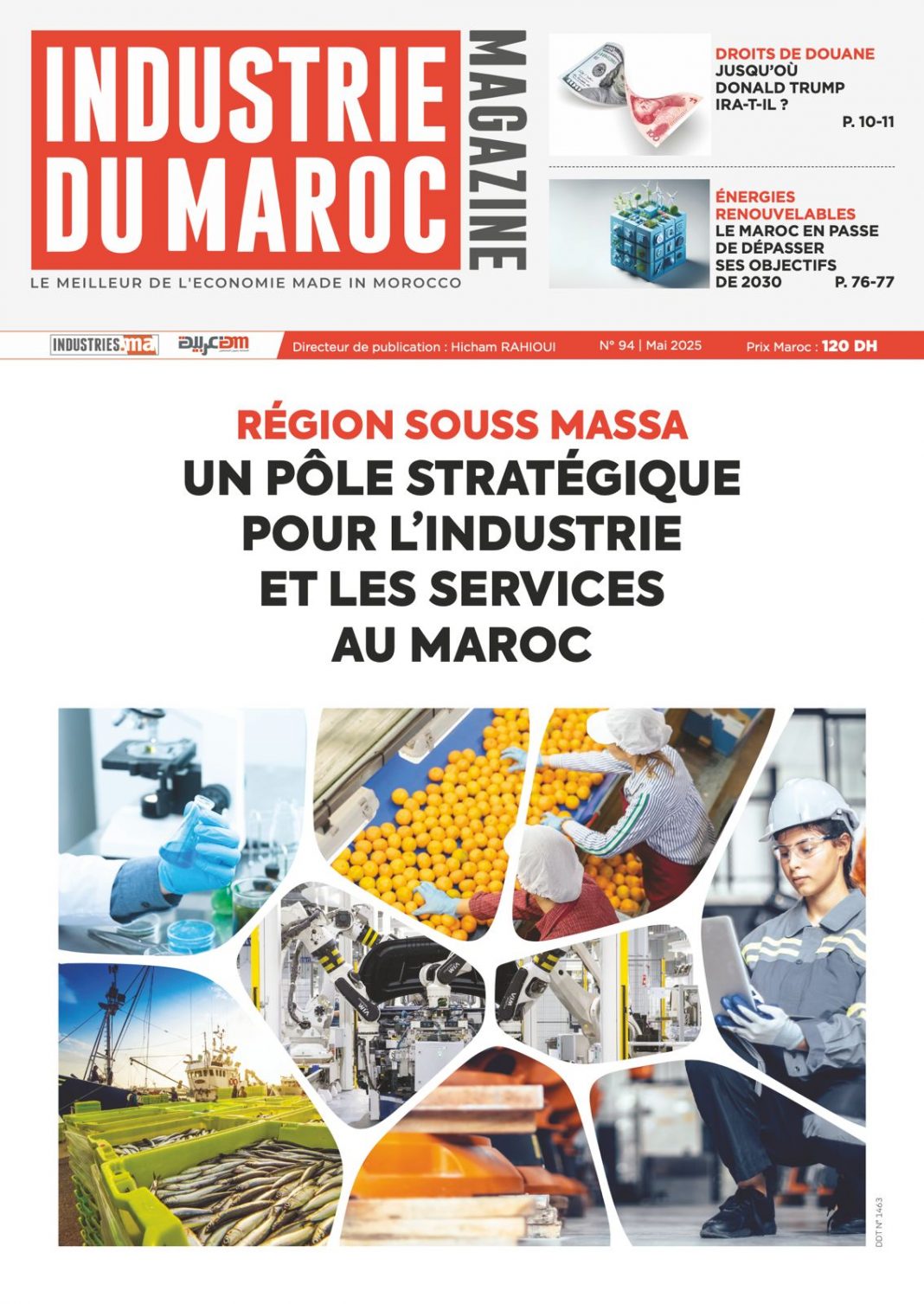On June 25, 2025, COBCO officially inaugurated the first phase of its cutting-edge integrated industrial complex for nickel-manganese-cobalt (NMC) precursor cathodes (pCAM) in Jorf Lasfar, Morocco. This pioneering facility, with an initial capacity of 40,000 tons, marks a significant milestone in the establishment of a comprehensive battery ecosystem in the country.
Spanning over 200 hectares, the industrial platform represents a strategic leap forward in Morocco’s clean-tech sector. It not only signals the launch of one of the few large-scale battery material projects outside Asia but also serves as a catalyst for developing a robust Moroccan ecosystem dedicated to the electric battery industry, targeting the MENA region, Europe, and the United States markets.
The total investment is expected to reach several billion dirhams across three complementary industrial projects, aiming for a combined annual production capacity of 70 GWh—sufficient to power nearly one million electric vehicles each year.
The COBCO production complex will feature:
- An annual capacity of 120,000 tons for NMC precursor materials;
- A 60,000-ton annual capacity for lithium-iron-phosphate (LFP) cathodes, with plans to expand as the regional LFP battery ecosystem develops;
- Facilities for refining critical metals and recycling black mass, capable of processing over 60,000 tons annually, enhancing local material integration and circularity.
Operating within a global context of evolving value chains and stricter regulations—including the European carbon tax—COBCO positions itself as a competitive, decarbonized, and geographically strategic player. The venture leverages the strengths of its partners AL MADA and CNGR Advanced Materials, combined with Morocco’s advantageous industrial landscape, affordable green energy, strategic proximity to major markets, rich mineral resources, and extensive free trade networks.
The COBCO board praised the rapid completion and ramp-up of the plant, achieved in under a year since construction began, underscoring Morocco’s ability to swiftly foster a globally competitive and locally integrated high-tech industry.
COBCO continues to drive innovation by delivering advanced technical solutions that enhance client competitiveness while emphasizing operational excellence and sustainable ecosystem stewardship.
Strategically, COBCO strengthens Morocco’s industrial sovereignty and supports the country’s automotive sector amid the transition to electric mobility. The project will create over 5,000 jobs during construction and is expected to generate 1,800 direct skilled jobs and 1,800 indirect jobs long term.
The initiative prioritizes training, skill transfer, and the development of national expertise in battery technologies, in close collaboration with Moroccan universities and technology partners.
Designed as a low-carbon facility, COBCO implements an ambitious environmental strategy involving responsible processes, progressive use of Moroccan green energy (targeting 80% by 2025 and 100% by the end of 2026), desalinated water use, industrial recycling, and pursuit of ISO certifications (14064, 14044, 50001). The ESG roadmap also includes participation in the Carbon Disclosure Project and alignment with Science Based Targets initiative (SBTi).
With this landmark industrial base, Morocco asserts its ambition to become a key player in global green-tech value chains. COBCO embodies a next-generation industry that is competitive, integrated, sustainable, and sharply focused on meeting the demands of future markets.









